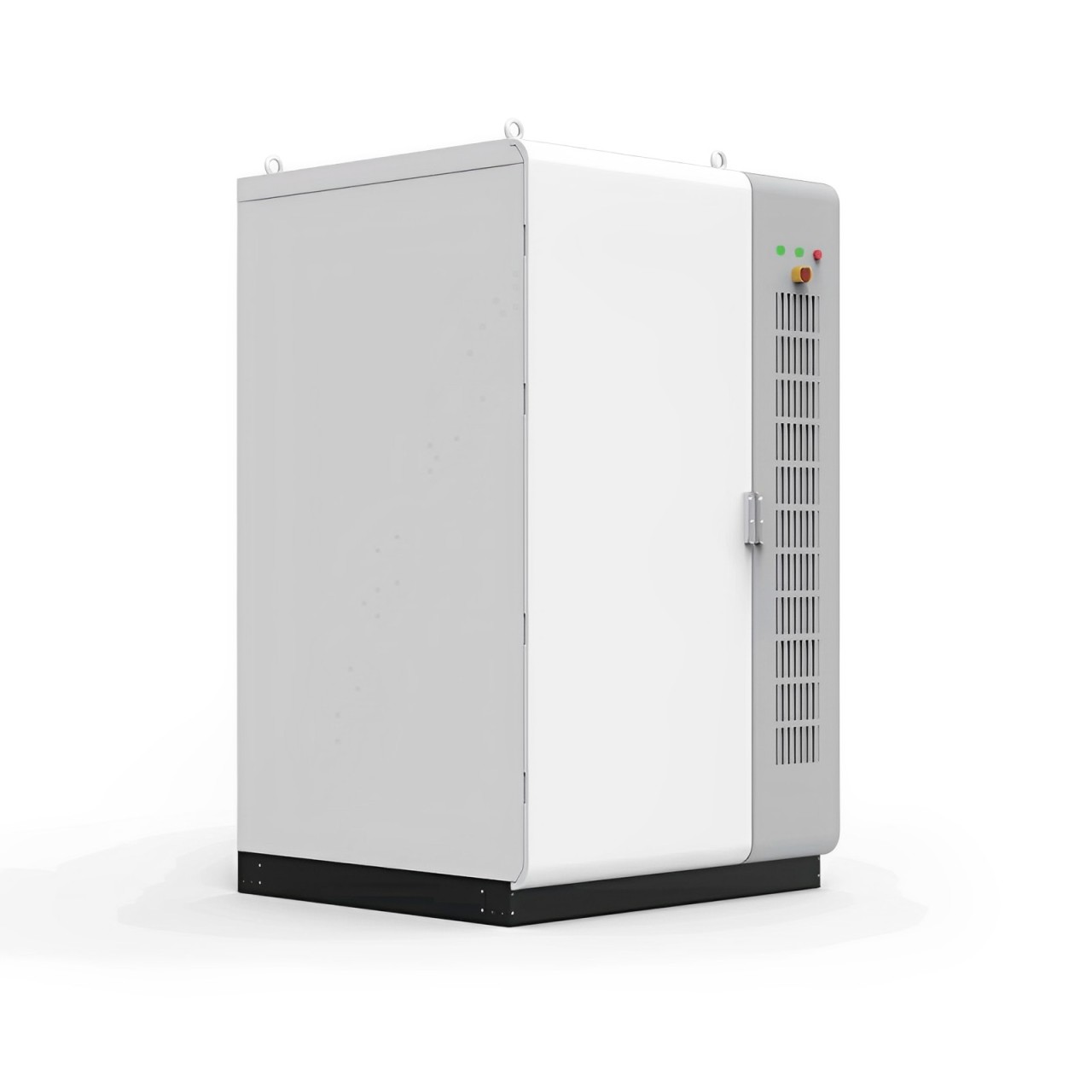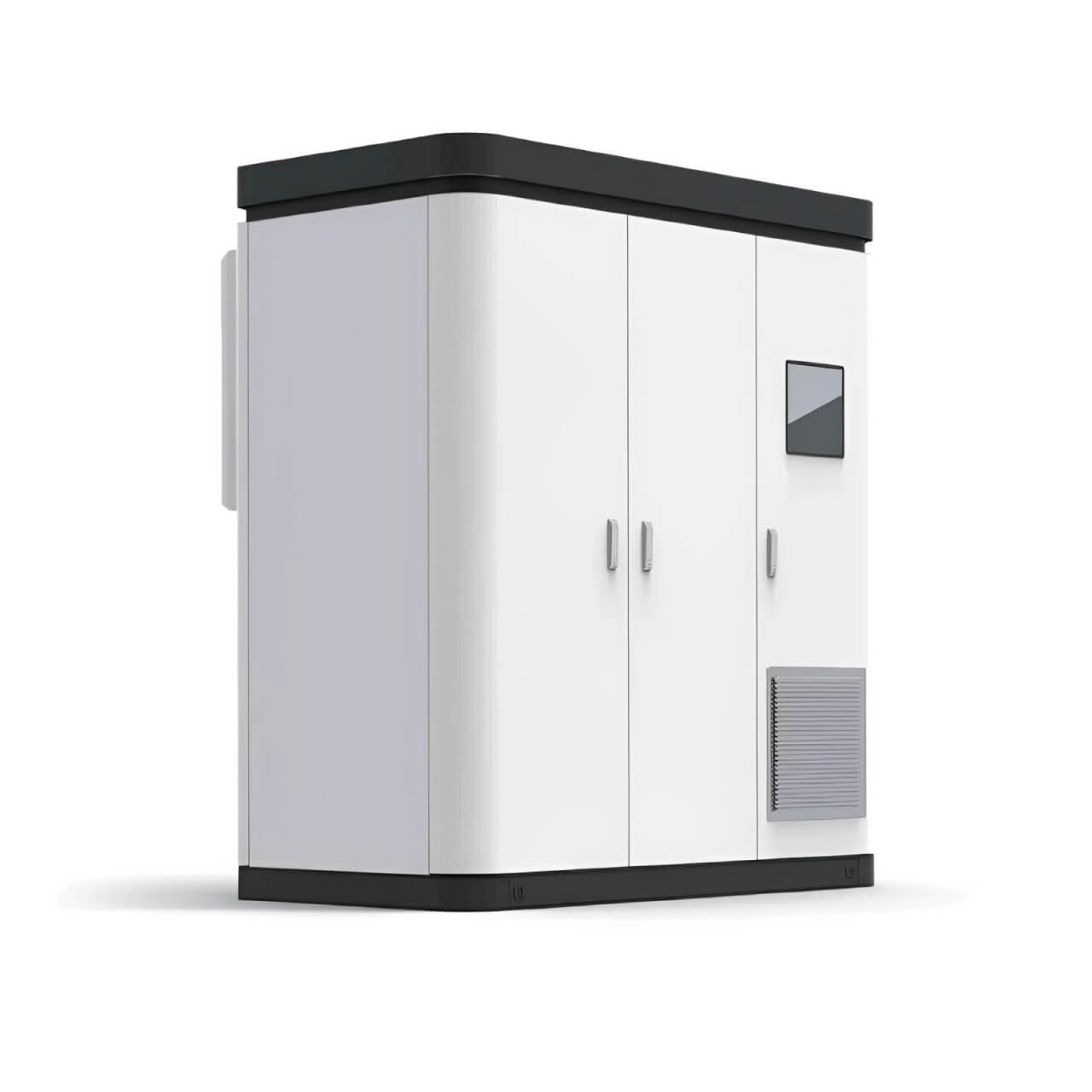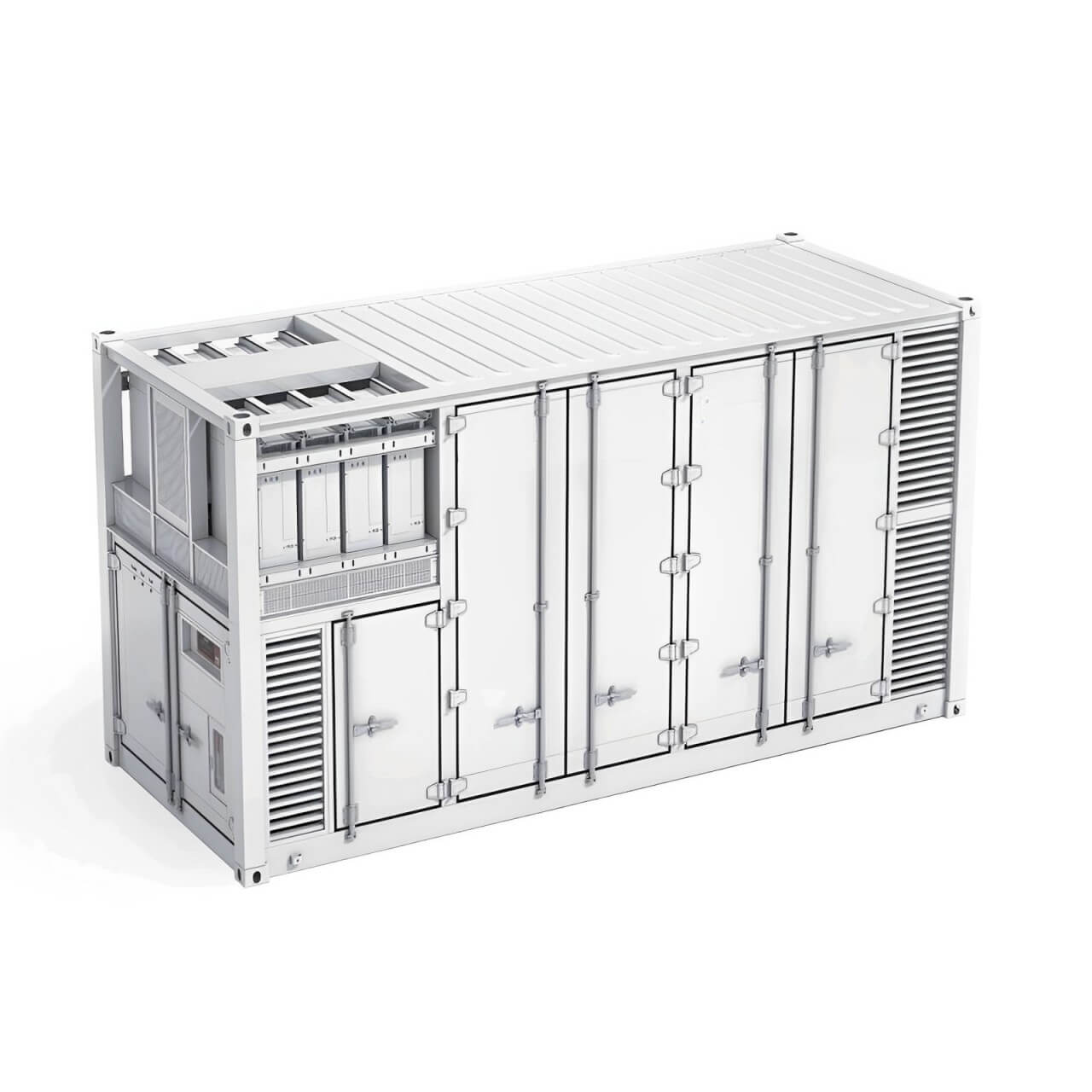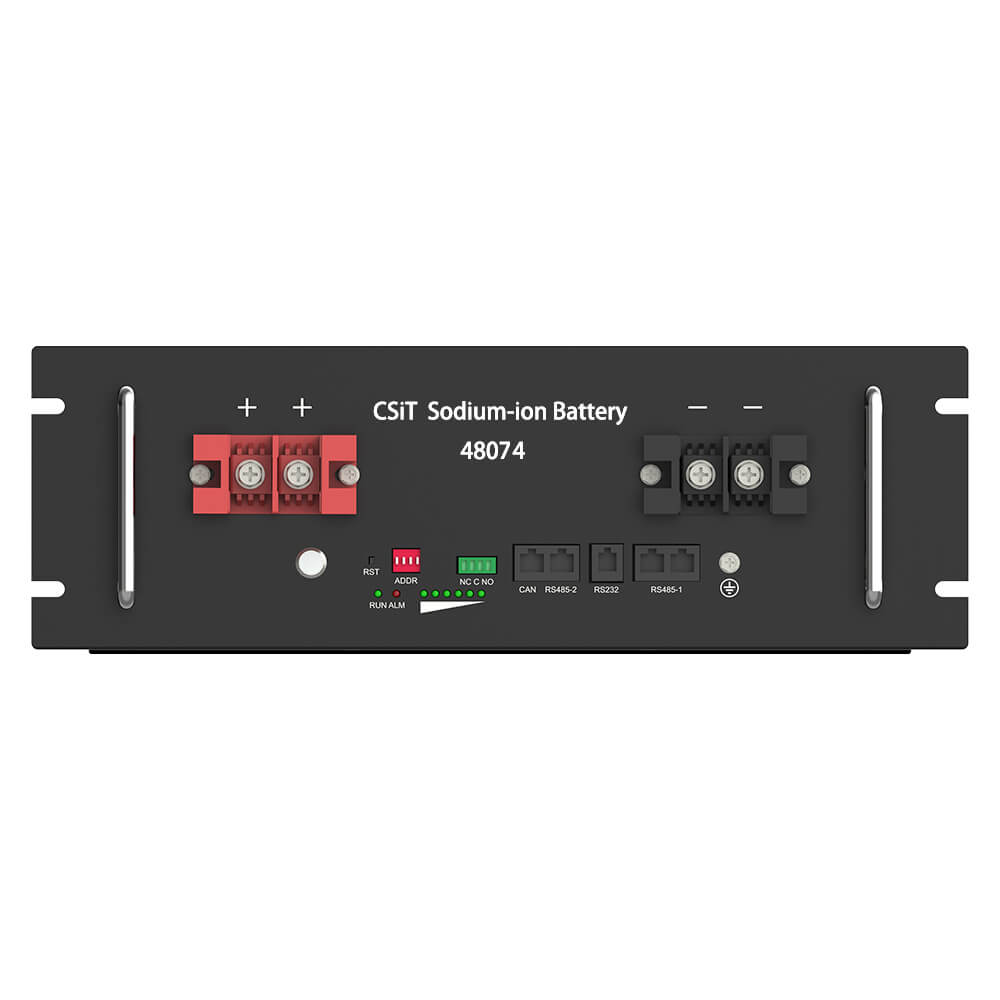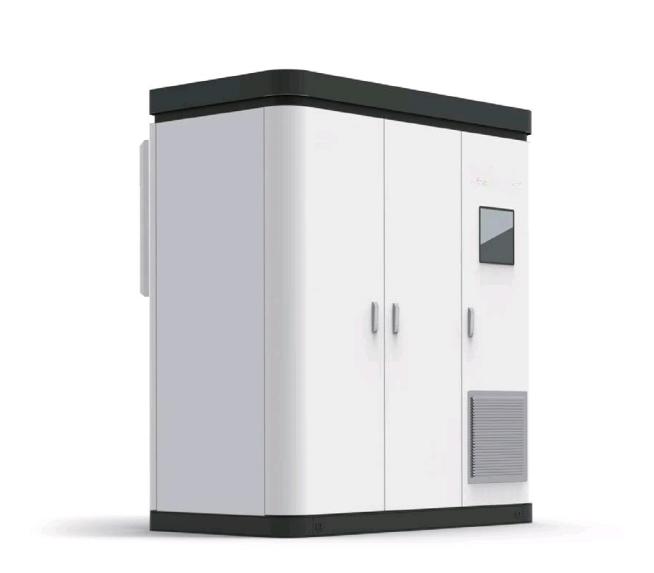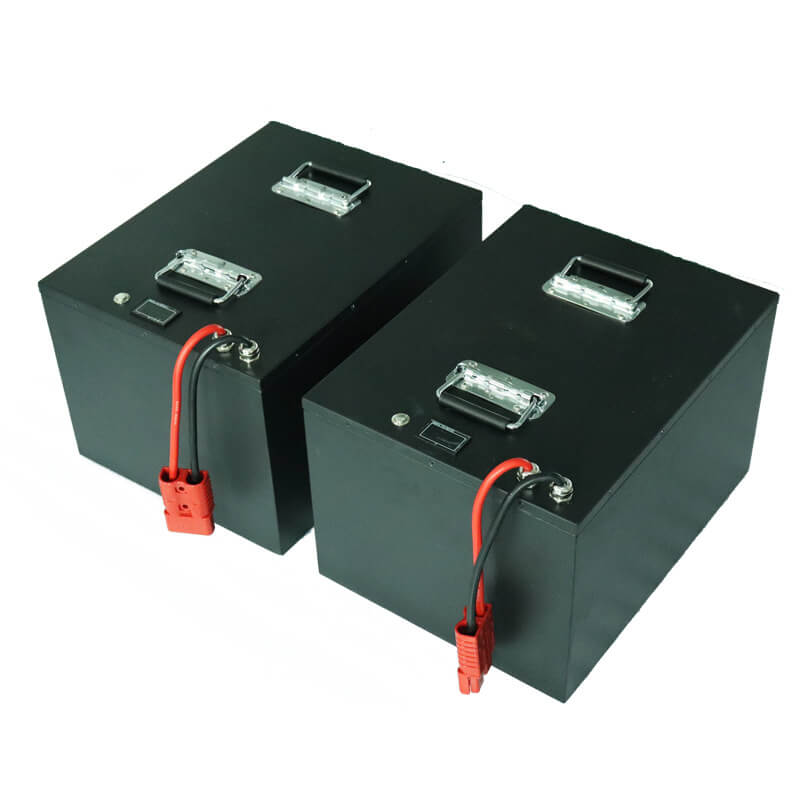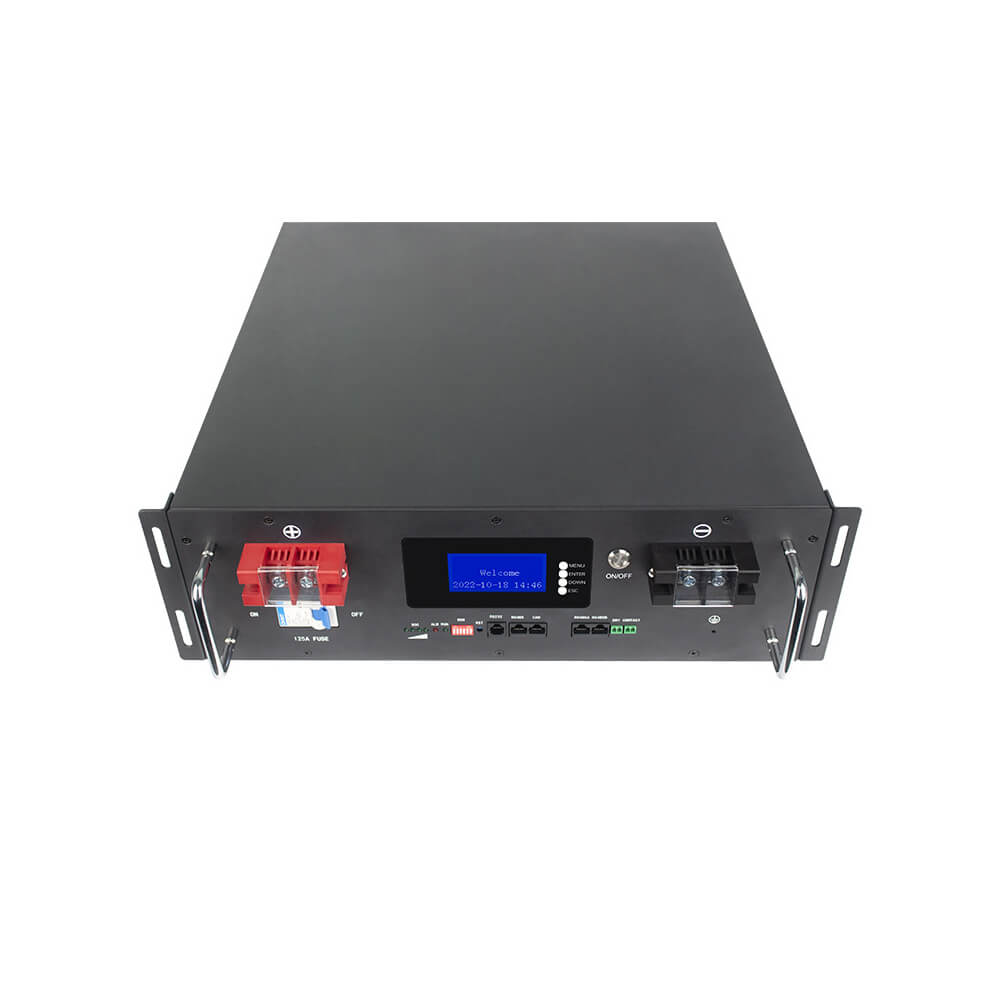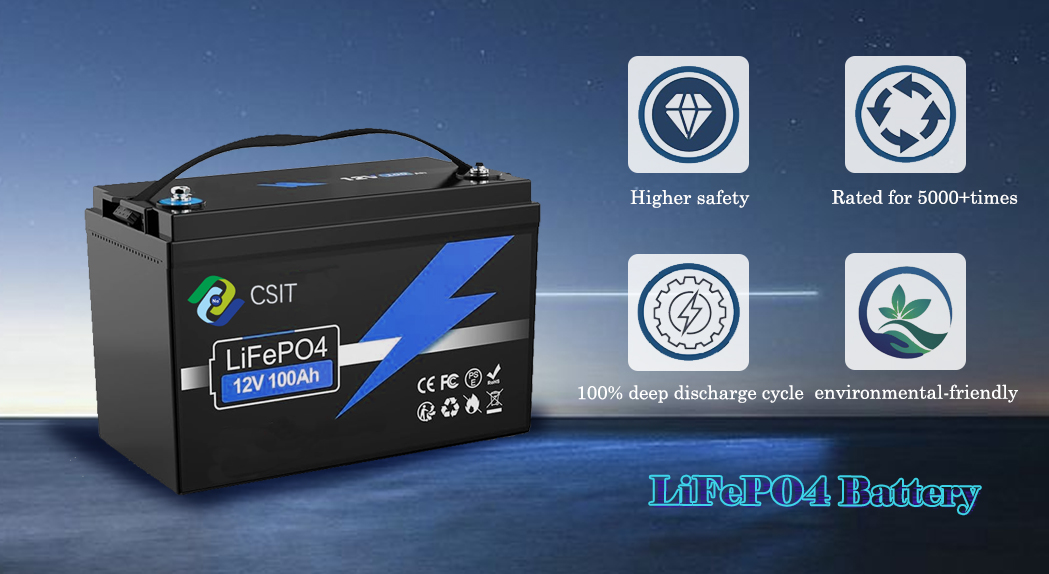What is LiFePO4 Battery? Why is LiFePO4 Battery the Best?
LiFePO4 batteries (also called LFP batteries) are dominating the battery space. But what exactly does LiFePO4 mean? What makes LiFePO4 batteries better than other types of batteries?
Read on to find the answers to these questions and more.
What is a LiFePO4 Battery?
LiFePO4 batteries are a type of lithium battery made from lithium iron phosphate. Other lithium batteries include:
Lithium Cobalt Oxide (LiCoO22)Lithium Nickel Manganese Cobalt Oxide (LiNiMnCoO2)Lithium Titanate Oxide (LTO)Lithium Manganese Oxide (LiMn2O4)Lithium Nickel Cobalt Aluminum Oxide (LiNiCoAlO2)
Chemistry and Battery Innovation
You probably remember some of the elements you were taught in chemistry class. In chemistry class, you spent hours memorizing the periodic table (or staring at it on the wall at school). In chemistry class, you did experiments (or pretended to look intently at your crush).
Of course, once in a while, a student gets excited about experimenting and becomes a chemist. Chemists discover the optimal lithium combination for a battery.
Long story short, the LiFePO4 battery was born. (Invented in 1996 at the University of Texas, to be exact). LiFePO4 is now known as the safest, most stable, and most reliable lithium battery.
A brief history of LiFePO4 batteries
LiFePO4 batteries began with John B. Goodenough and Arumugam Manthiram. They were the first to discover the materials used in lithium-ion batteries. Anode materials are not very suitable for use in lithium-ion batteries. Why? Because they are prone to early short circuits.
Scientists discovered that cathode materials are a better alternative to lithium-ion batteries. This is very evident in the LiFePO4 battery variant. Fast forward: we improved stability and conductivity and improved all kinds of things, and then, the LiFePO4 battery was born.
Today, rechargeable LiFePO4 batteries are everywhere. These batteries have a wide range of uses – marine, solar systems, electric cars, gas cars, and more.
LiFePO4 batteries contain no cobalt and cost less than most alternatives (in the long run). It is non-toxic and lasts longer. But we’ll get to that shortly. The future of LiFePO4 batteries is very bright.
But what makes LiFePO4 batteries better?
LiFePO4 vs. Lithium-Ion Batteries
Now that we know what LiFePO4 batteries are, let’s discuss what makes LiFePO4 better than Li-Ion and other lithium batteries.
LiFePO4 batteries are not suitable for wearable devices such as watches. They have a lower energy density compared to Li-Ion batteries. But they are undoubtedly the best for devices such as solar systems, RVs, golf carts, bass boats, semi-trucks, and electric motorcycles. Why?
First, the cycle life of LiFePO4 batteries is more than 4 times that of Li-Ion batteries.
Lithium is also the safest type of lithium battery on the market, safer than Li-Ion and other types of batteries.
Last but not least, LiFePO4 batteries not only go 3,000-5,000 cycles or more… they go 100% Depth of Discharge (DOD). Why is this important? Because it means that, with LiFePO4, you don’t have to worry about over-discharging your LiFePO4 battery.
Also, this allows you to use your battery longer. Quality LiFePO4 batteries last longer than other types of batteries. These batteries are rated for around 5,000 cycles – about a decade. So, the average cost over the long term is much lower.
Here’s what makes LiFePO4 batteries better than Li-ion batteries.
Here’s why LiFePO4 batteries are better than Li-ion and other types of batteries:
Safe, Stable Chemistry
Lithium battery safety is critical. The notable “exploding” Li-ion laptop battery incident has made this clear. One of the most critical advantages of LiFePO4 over other types of batteries is safety. LiFePO4 is the safest type of lithium battery. It’s the safest of all types.
Overall, LifePO4 batteries have the safest lithium chemistry. Why? Because lithium iron phosphate has better thermal and structural stability. This is something that lead-acid battery types and most other battery types do not have, but LiFePO4 does. LiFePO4 is non-flammable. It can withstand high temperatures without breaking down. It is not prone to thermal runaway and will stay cool at room temperature.
A LiFePO4 battery will not catch fire or explode if it is exposed to extreme temperatures or hazardous events such as short circuits or collisions. This fact is comforting for those who use deep-cycle LiFePO4 batteries in their RV, bass boat, scooter, or tailgate every day.
Environmental Safety
LiFePO4 batteries are already a boon to the planet because they are rechargeable. But their eco-friendliness doesn't stop there. Unlike lead-acid and nickel-oxide lithium batteries, they are non-toxic and do not leak.
You can also recycle them. But you don't need to do it often because they are rated for 5,000 uses. That means you can recharge them (at least) 5,000 times. Lead-acid batteries, by comparison, can only be used 300-400 times.
Excellent Efficiency and Performance
You need a safe, non-toxic battery. But you also need one that performs well.
These statistics prove that LiFePO4 not only meets all of the above requirements, but also more:
Charging efficiency: LiFePO4 batteries will fully charge in 2 hours or less. Self-discharge rate when not in use: Only 2% per month. (vs. 30% for lead-acid batteries). Longer runtime than lead-acid batteries/other lithium batteries. Continuous power: Even when the battery life is less than 50%, the current flow remains the same. No maintenance required.
Small size and light weight
Many factors affect the quality of LiFePO4 batteries. When it comes to weight, they are very light. They are nearly 50% lighter than lithium manganese oxide batteries. They are 70% lighter than lead-acid batteries.
When you use LiFePO4 batteries in your vehicle, it means less fuel consumption and more mobility. They are also compact, freeing up space on scooters, boats, RVs, or industrial applications.
LiFePO4 Batteries vs. Non-Lithium Batteries
In terms of LiFePO4 vs. Li-ion, LiFePO4 is the clear winner. But how do LiFePO4 batteries compare to other rechargeable batteries on the market today?
Lead-Acid Batteries
Lead-acid batteries may be cheap at first, but they end up costing you more in the long run. This is because they require constant maintenance, and you have to replace them more often. LiFePO4 batteries last 2-4 times longer and are maintenance-free.
Gel Batteries
Like LiFePO4 batteries, Gel batteries don’t require frequent charging. They also don’t lose charge when stored. How do Gel and LiFePO4 batteries differ? One important factor is the charging process. Gel batteries charge very slowly. Also, you have to disconnect them after they are fully charged to avoid damaging the battery.
AGM Batteries
AGM batteries can take a toll on your wallet, and there’s also a risk of damage to the battery itself if you drain it past 50%. Maintaining them is difficult, too. LiFePO4-ion lithium batteries can be fully discharged with no risk of damage.
LiFePO4 Batteries for a Variety of Applications
LiFePO4 technology has proven to be a boon for a variety of applications. Here are some of those applications:
Fishing boats and kayaks: Shorter charging times and longer run times mean more time on the water. Less weight allows for easy maneuvering and increased speed during high-stakes fishing tournaments. Mopeds and scooters: No bulk to slow you down. Charge to less than full capacity for temporary getaways without damaging your battery. Solar Installations: Carry lightweight LiFePO4 batteries and harness the power of the sun wherever life takes you (even in the mountains and off the grid). Commercial Uses: These batteries are the safest and toughest lithium batteries available. So they’re perfect for industrial applications like floor machines, lift gates, and more. More: In addition, LiFePO4 batteries can power many other devices. For example, flashlights, e-cigarettes, radio equipment, emergency lighting, and many more.
Why buy LiFePO4 batteries?
Let's review. We mentioned earlier that LiFePO4 batteries dominate the battery world due to their many advantages over other types of batteries, including:
They have a lifespan 2-4 times longer than regular lead-acid batteries. Li-ion batteries have a longer lifespan than standard lead-acid batteries, but they have a shorter lifespan compared to LiFePO4 batteries. They do not require any maintenance at all. They are the safest type of lithium battery on the market. When not in use, they have a self-discharge rate of 2% per month, compared to 30% for lead-acid batteries. They take up to 2 hours to fully charge. They have a longer operating time than other batteries. Sustained power: The amount of current remains the same even when the battery life is less than 50%. They reach 3k to 5k cycles, usually more (5k cycles is about 10 years). They can reach 100% depth of discharge (DOD). Their long-term average cost is much lower than other batteries They charge five times faster than lead-acid batteries. Li-ion batteries without a battery management system (BMS) present a fire risk. LiFePO4 batteries come with a BMS that eliminates this risk. That's it. If you still have questions, check out the FAQ section of this page below, or view our full FAQ set here.
LiFePO4 batteries are great for everyday use, backup power, and more! They also offer incredible benefits for RVs and travel trailers. Click here to learn more.
Learn about the different types of lithium batteries and their uses:
RV Lithium Batteries Lithium Marine Batteries Lithium Solar Batteries Lithium Fishing Kayak Batteries Lithium Batteries
LiFePO4 Quick Answers
Is LiFePO4 the same as Lithium-ion?
Not at all! LiFePO4 batteries have a cycle life that is over 4 times that of Li-ion Polymer batteries.
Are LiFePO4 batteries good?
First and foremost, LiFePO4 batteries are extremely efficient compared to traditional batteries. Not only that, but LiFePO4 batteries are extremely lightweight, and you can get the most out of the battery's capacity without any problems. (With lead-acid batteries, you can only use about 50% of the charge. Any more than that and the battery will break down.) So overall, lithium iron phosphate batteries are pretty awesome.
Can LiFePO4 catch fire?
LiFePO4 batteries are the safest of the lithium batteries because they won't catch fire or even overheat. Even if you puncture the battery, it won't catch fire. That's a huge improvement over other lithium batteries that can overheat and catch fire.
Is LiFePO4 better than lithium-ion?
LiFePO4 batteries outperform lithium-ion batteries in both cycle life (lasts 4-5 times longer) and safety. This is a key advantage because lithium-ion batteries can overheat and even catch fire, while LiFePO4 won't.
Why is LiFePO4 so expensive?
LiFePO4 batteries generally cost more upfront, but are less expensive in the long run because they last longer. They cost more upfront because the materials used to make them are more expensive. But people still choose them over other batteries. Why?
Because LiFePO4 has many advantages over other batteries. For example, they are much lighter than lead-acid batteries and many other types of batteries. They are also safer, last longer, and require no maintenance.
Is LiFePO4 a lithium battery?
No. LiFePO4 has many distinct advantages over Lipo, and while both are lithium chemistries, they are not the same.
What can I use a LiFePO4 battery for?
You can use a LiFePO4 battery for the same purposes you would a lead-acid battery, AGM battery, or other conventional battery. For example, you can use a 12v 100ah LiFePO4 battery (and other LiFePO4 batteries) to power your bass boat and other marine toys. Or your RV. Or a solar setup, electric scooter, and more.
Is LiFePO4 more dangerous than AGM or lead-acid?
No. It is much safer. There are many reasons for this, including that LiFePO4 batteries do not leak toxic gases. And they do not leak sulfuric acid like many other batteries (like lead-acid batteries) do. And as we mentioned before, they won't overheat or catch fire.
Can I leave my LiFePO4 battery on a charger?
If your LiFePO4 battery comes with a battery management system, it will prevent the battery from overcharging. Our Ionic batteries all come with a built-in battery management system.
What is the life expectancy of a LiFePO4 battery?
One of the biggest advantages of LiFePO4, arguably its biggest advantage, is its lifespan. Our lithium batteries are rated for around 5,000 cycles. That works out to around 10 years (usually longer), depending on usage, of course.
Even after 5,000 cycles, our LiFePO4 batteries are still running at 70% capacity. Even better, you can discharge over 80% without any issues. (Lead-acid batteries tend to gas when discharged over 50%.)

 简体中文
简体中文 Russian
Russian French
French German
German Japanese
Japanese Korean
Korean Arabic
Arabic Spanish
Spanish